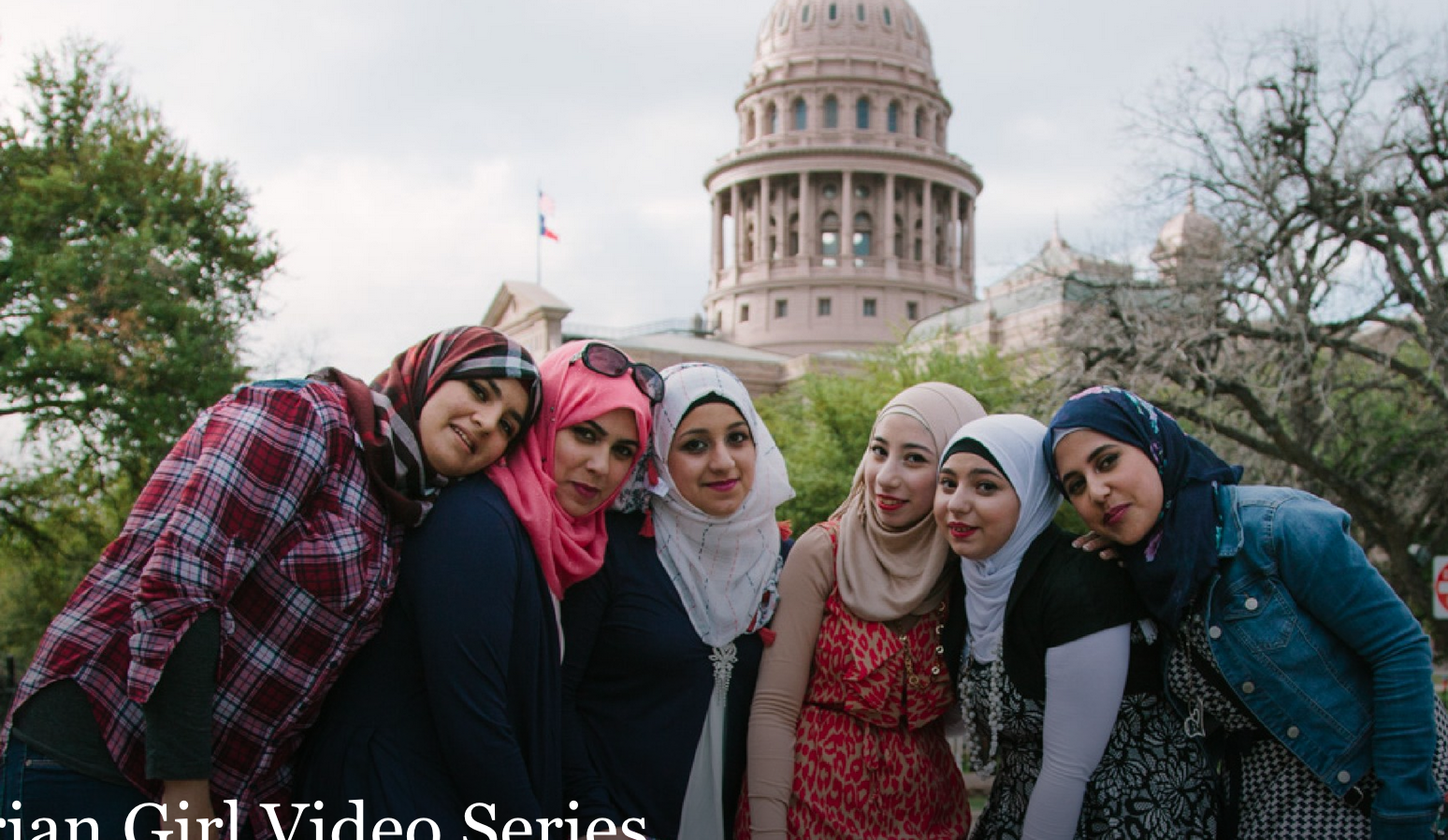It has been nine months since President Trump issued his first executive order on Jan. 27 restricting the flow of refugees to this country. After this frenetic period filled with litigation and executive actions, a somewhat clearer picture is beginning to emerge:
-
The U.S. refugee program is back in motion, albeit under tighter constraints.
-
Resettlement agencies like the IRC have taken some buckshot but in fact have been energized by the events of the past year.
-
Additional litigation after the President’s third executive order is not likely to significantly affect the refugee situation.
-
We at Soft Landing believe the future is bright.
Let’s break down these points one by one.
On Tuesday, the President restarted the USRAP, the U.S. Refugee Admissions Program, after what had amounted to a nine-month near-pause. During that period of tremendous uncertainty, Missoula and other communities did receive more refugees, but far fewer than would have been the case under the previous administration. Now, the refugee admissions climate is different. The President has determined a cap for refugees this fiscal year of 45,000, less than half of the previous cap, at a time of global crisis when there are more than 22 million refugees. In addition, under the latest order, screening procedures, already rigorous, have been tightened, although the effect of the new procedures remains to be seen.
The International Rescue Committee and the eight other official resettlement agencies in the U.S.–and many smaller agencies and groups with which they work–have had to readjust to this new climate, sometimes by laying off staff and reducing budgets, sometimes by foregoing or cutting back on programs. But this adversity, it appears to us, has brought out the fighting spirit in these amazing humanitarian organizations, sparking creativity in problem solving and firmer resolve in local and national advocacy for refugees. Episcopal Migration Ministries, for example, is hosting a series of nationwide conferences informing and energizing hundreds of folks nationwide to advocate for welcoming refugees. Here in Missoula, the IRC office has bucked the national trend by expanding its stellar staff, demonstrating not only determination but confidence in refugee resettlement in Missoula and ultimately in other parts of Montana.
In the President’s third executive order on Sept. 25, U.S. travel by nationals of eight countries was halted or limited. Already, two federal district courts have frozen this order temporarily, recognizing it as just another “Muslim ban” that unfairly and unconstitutionally targets primarily citizens of Muslim-majority countries. The order does not affect refugees directly, but in the bigger picture, the pushback against these orders, past and present, has helped hold ground. That is to say, without the nationwide storm over the Muslim travel bans, refugee resettlement in the U.S. would have been narrowed even further. Nonetheless, additional litigation over the third order is not likely to affect today’s refugee situation all that much. Unfortunately, some excellent lawyering and far-sighted legal opinions by the Fourth and Ninth Circuit Courts of Appeal striking down earlier executive orders have been neutralized by the Supreme Court, not on their merits but because the cases had become moot. For example, the Ninth Circuit held in September that some 24,000 refugees who had been accepted for resettlement had the kind of bona-fide relationship with a U.S. entity that precluded the refugee ban from affecting them. Now that ruling has been wiped away.
We at Soft Landing have seen and have felt these developments in these last nine months. While recognizing that we are operating in a different climate than that which existed two years ago when we began, we are actually full of hope and optimism:
-
We rejoice in the IRC’s growth and its vote of confidence in our faith that resettlement would be successful here. And we look forward to a growing partnership with IRC as we help each other in the common cause of helping Missoulians to be “a welcoming, supportive and informed community that can assist refugees to integrate and thrive.”
-
We rejoice in the start of a statewide coalition of like-minded citizens dedicated to this same ideal and look forward to the day when other communities can begin to travel the same road we have traveled.
-
We rejoice in the national recognition of Soft Landing and executive director Mary Poole, most recently as one of eleven “Upstanders” celebrated by Starbucks in a video, part of a series that could receive as many as 100 million views. This makes Mary and Soft Landing a player in the national conversation about welcoming refugees.
-
We rejoice in the fact that 30 Missoulians answered the call to become ESL teachers for local refugees, being trained by the Missoula County Public Schools’ Lifelong Learning Center at Dickinson School. And we rejoice in the whole -hearted support of MCPS in helping refugee children in school (and underscore their need for more tutors!)
-
We rejoice in the fact that our new neighbors are beginning to flex their entrepreneurial muscles, particularly in the food business, and we will have soon some exciting announcements. Likewise, we rejoice in our new neighbors’ eagerness to showcase their own cultures, be it through film, theater, art or community talks.
-
We rejoice in the fact that for the first time here, a former refugee is taking the stage to tell the community about his own country. Mushtaq Al-Rashidany will talk about “Timeless Iraq” and his own family’s journey to safety on Tuesday, Nov. 7 (UC Theater, 6 p.m.)
-
Most of all, we rejoice in the continued support and encouragement–and involvement–by this amazing community. You are our strength and our inspiration!



